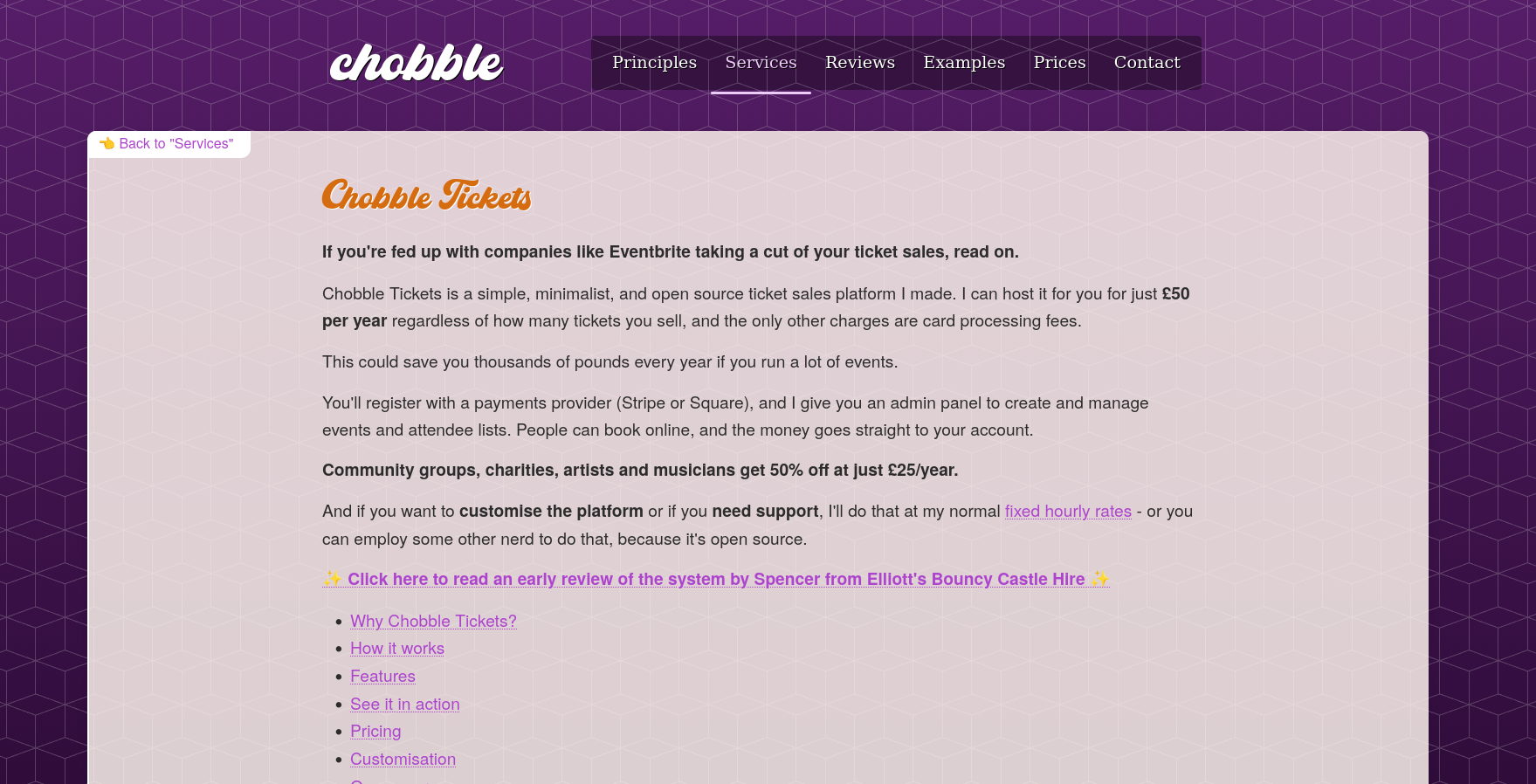
Choosing the right software team to collaborate with is crucial to ensure your project is successful and making the wrong choice can be a very expensive mistake. But how do you decide? There are so many businesses to choose from which can be overwhelming and monotonous so we’ve put together this short article covering the fundamental things you should consider when choosing a software partner.
Firstly, work out your requirements. What is it you’re looking for? Have you identified a gap in the market that will require modern tech? Do you need a bespoke solution to improve efficiency? Make a detailed list of the essential requirements and then cross evaluate with your team. Your team will be navigating, marketing or monitoring this software solution regularly so it is vital to factor in their input. It may even open your eyes to something you had overlooked! The clearer you are on these requirements the easier it will be to convey this to a development team and assess whether they’re the right fit.
Is the software team within your budget?
Money can be a tricky subject and is often pushed to the backend of a discussion. However, this is the first thing that should be addressed to avoid wasting the time of both parties. What is your budget, and will this team be able to deliver the software solution you need with the allocated funds? When negotiating this, take into account the length of the contract and any ongoing support you may need. Some businesses, like Beeta, offer a range of maintenance packages so upfront costs could vary. It’s also worth remembering that the overall cost of outsourcing will likely be more cost-efficient than hiring a permanent developer and the additional expenses of equipment and licenses.
Where are they based?
With an outsourced development team, in-person meetings aren’t always possible. It is important to establish whether the bulk of the project can be managed via remote collaboration tools or if face-to-face meetings are a vital aspect of getting the project done. If it’s the latter, a locally based team are the answer. If physical meetings aren’t essential, an offshore team could be the solution and the lower price point is certainly an appealing benefit. However, with this option, it is necessary to consider the impact of different time zones, mutually communicative hours, work culture and restricted observation. All of which can result in delays and further expenses down the line.
With a local partner, you have that ‘personal touch’ that can’t be conveyed through a screen. At Beeta, we have long-standing relationships with all our clients that have resulted in many additional collaborations within the community. Strong communication is key to any success story.
Quality over quantity
Rather than considering the size of the team, assess the collective skillset that they can provide. Many assume that the bigger the team, the better the output. However, taking a chance on a smaller business means that you will have a larger share of their attention, in some cases, resulting in more meticulous testing and quicker delivery. If you require a niche solution then consider the teams specialist areas; Beeta’s for example is Microsoft applications and infrastructure. If you do require ongoing support, assess whether this business has the capacity and the skillset to do so. Don’t overlook a software businesses portfolio, look for case studies relative to your own project and ask for testimonials. Reputation is the greatest insight.
Are you aligned?
How does the business operate? If you value flexibility, then you may want to consider a business that adopts agile principles. However, if you prefer a more structured process, you may be better suited to a business that provides upfront planning and a detailed roadmap using waterfall methodology. Are they asking you questions? This is often overlooked but can be a key indicator. The business may be able to complete the project from a skills standpoint but are they taking the time to discover your requirements and uncover any potential risks? If the answer is no, then perhaps they lack a vested interest or are at maximum bandwidth with other clients.
If you’re looking for a software business to partner with, get in touch now. We’d be happy to answer any of the questions outlined above!








